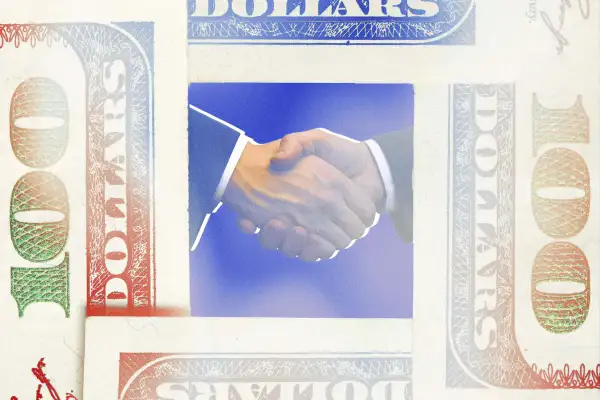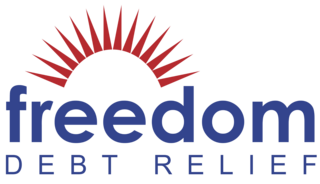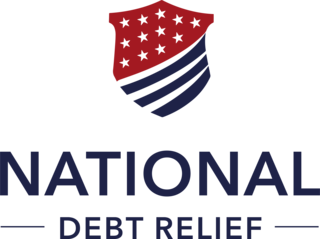Elon Musk and Donald Trump Have Been Giving Voters Money. Is That Legal?

In recent weeks, former President Donald Trump and multibillionaire Elon Musk have been experimenting with an unconventional campaign tactic: handing out money directly to voters.
Musk, who has been campaigning in full force for Trump in key battleground states, has pledged to give out $1 million each day to a registered swing-state voter who signs his petition in support of the First and Second Amendments.
So far, Musk’s political action committee — known as the America PAC — says it has awarded $1 million checks to at least a dozen voters.
On Monday, a judge in Philadelphia declined to issue an injunction to halt Musk's giveaway, allowing the billionaire to keep handing out money with only one day left until Election Day. Previously, the Department of Justice allegedly sent a letter to Musk about the legality of the handout. The daily cadence appeared to have slowed at one point, but Musk continued to give away money. (Neither Musk’s PAC nor the DOJ responded to Money’s request for comment about the letter.)
This follows a related financial incident during a campaign stop in Pennsylvania in September. Trump visited a grocery store and directly handed shopper Jenny Kantz, a mother of three, a $100 bill as she was checking out, saying, “it [the grocery bill] just went down $100. We’ll do that for you for the White House, all right?” Kantz later told the New York Post that she kept the $100 bill and plans to frame it.
These instances — especially Musk’s $1 million giveaway — have sparked fervor on social media, with some pundits alleging these are illegal campaign finance violations while others dismiss the allegations as baseless.
According to Bradley Smith, a law professor at Capital University Law School in Columbus, Ohio, and former chair of the Federal Elections Commission, the answer isn’t clear-cut.
“I don’t think it’s common now at all [to be handing voters money],” he says — but that doesn’t necessarily make it illegal.
Smith was appointed to the FEC by former President Bill Clinton as a Republican commissioner before becoming the vice chair and ultimately chair. Earlier this year, Smith was hired by Trump's legal team to be an expert witness on campaign finance law during Trump's "hush-money" trial but ultimately did not testify.
The Trump campaign did not respond to Money’s request for comment about the cash giveaways. The FEC declined to comment, stating that the agency is not allowed to speak about individual candidates or committees.
Can presidential candidates just hand you money?
Smith says federal elections law codifies two key things: A candidate or campaign cannot pay you to vote a certain way. They can’t pay you to register to vote, either.
Historically, there’s a tradition in the U.S. of candidates paying for rounds of drinks at pubs. For example, Smith says, when George Washington was campaigning for the House of Burgesses in Virginia, one of his largest expenses was rum. Some states now bar these types of gestures, but they remain fairly common today.
However, directly handing money to voters during a campaign may be a more overt toeing of the line.
Legally, if the money isn’t tied to voting or registering, candidates can technically give you a wad of cash, according to the letter of the law. But context is key.
When Trump handed Kantz $100, was he implicitly stating “vote for me”? Or was it a “symbolic stunt,” where he was trying to show “what great things will happen if he’s president,” Smith says, noting these are the types of questions that would need to be hashed out in court.
In Musk’s case, the key qualifiers to be eligible for the $1 million giveaway are that you must be a registered voter in one of the qualifying swing states and you must sign his petition. Smith says that “intervening step” is crucial, because while the giveaway might incentivize people to register to vote, it’s not directly paying people to register.
That leaves both scenarios in a legal gray area, according to Smith. He says that perhaps an ambitious or partisan prosecutor may want to bring a legal case, but that the FEC is under no obligation to pursue it.
“I could tell you if somebody’s clearly violating black-letter law,” Smith says, “But I don’t think that’s the case.”
Even so, he says that if he were advising the candidates, he would share this piece of advice: "Don't hand voters money," he says. "Obviously, it opens you up to the charge that you're paying them to vote for you, even if you don't specifically ask them to."





